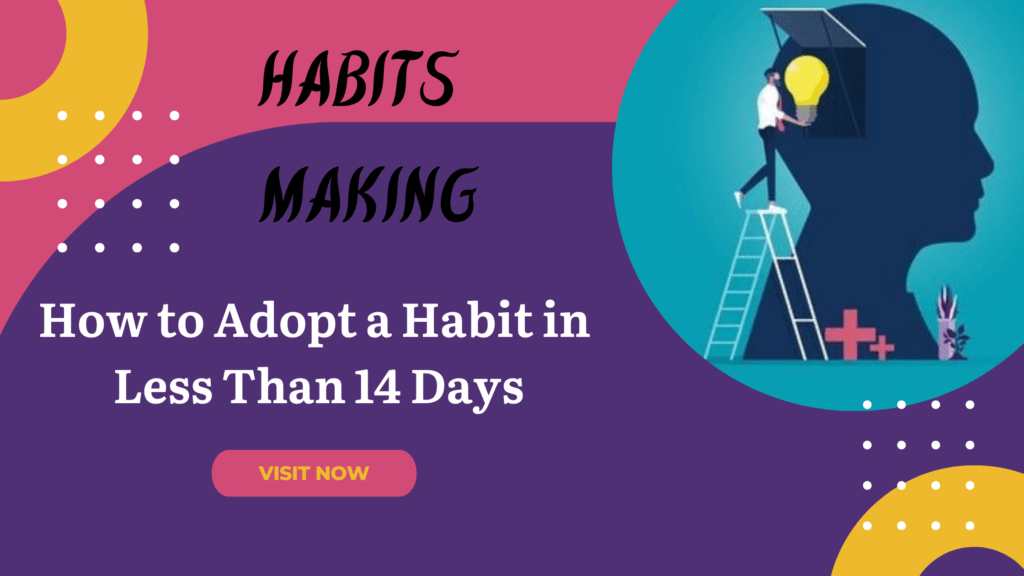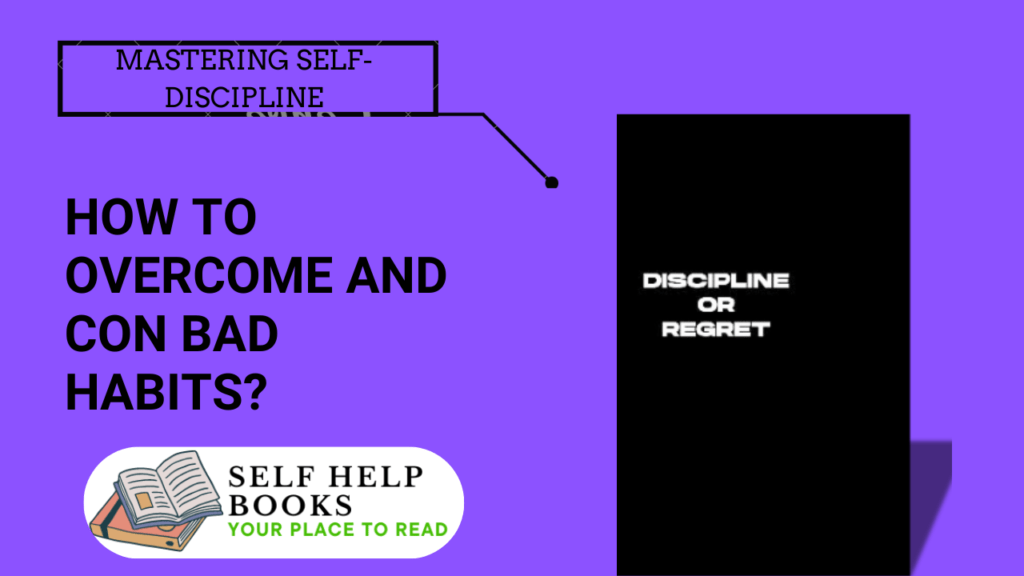As students, we all want to do well in school and reach our highest potential. But, the path to success is full of obstacles, like managing time and staying motivated. In this guide, we’ll look at 9 habits of top students. These habits can help you study more effectively and reach your goals.
By knowing how you learn best, setting realistic goals, and studying in a quiet place, you can learn more efficiently. You’ll see better results in your studies. Let’s explore the smart study habits that can change how you learn.
Key Takeaways
- Discover your learning style to optimize your study methods
- Set achievable goals to stay motivated and on track
- Eliminate distractions and create a conducive study environment
- Develop effective note-taking strategies for better retention
- Leverage active recall techniques to reinforce your learning
Understand Your Learning Style
Figuring out your main learning style is key to studying smarter. You might be a visual, auditory, or kinesthetic learner. Knowing how you learn best helps you study in a way that feels natural and effective.
Visual Learners
Visual learners love charts, diagrams, videos, and more. They remember images and how things fit together well. To help your visual learning, try mind maps, flashcards with pictures, and color-coding important points.
Auditory Learners
Auditory learners do best with sounds and words. They might record lectures to listen over and over. They also like talking about what they’ve learned. Use audio, group discussions, and reading aloud to improve your smart study skills.
Kinesthetic Learners
Kinesthetic learners learn by doing and moving. They need breaks and hands-on activities. Try using real-life examples or simulations to help you understand better. Find what works for you by trying different learning style methods.
Knowing your learning style lets you study smarter. Use the methods that work best for you. Don’t hesitate to try new things to find your perfect study approach.
Set Realistic Goals
Setting realistic goals is key for smart study and good study habits. Clear, reachable goals help you stay focused and motivated. They guide your efforts and keep you on track for success.
To set SMART (Specific, Measurable, Attainable, Relevant, and Time-bound) goals, follow these steps:
- Be specific about what you want to achieve. This could be better grades in a subject or mastering a skill.
- Make your goals measurable so you can see your progress. For example, aim to raise your test score by a certain percentage or do a set number of practice problems each week.
- Ensure your goals are attainable and within your reach. Think about your current skills and resources.
- Make sure your goals are relevant to your academic or personal goals.
- Set time-bound deadlines for your goals. This could be finishing a project by a certain date or improving your writing by the end of the semester.
By using the SMART method, you’ll have a clear plan for your study habits. This will help you stay motivated as you work towards your goals.
“Setting goals is the first step in turning the invisible into the visible.”
– Tony Robbins
Create a Distraction-Free Environment
Getting good grades often means studying without distractions. By cutting out outside interruptions, we can focus better. This helps us remember more and use what we learn. Here, we’ll talk about how to avoid digital distractions and make a study area that helps you stay focused.
Eliminate Digital Distractions
Today, phones, social media, and the internet can pull us away from our studies. To stay focused, try these tips:
- Turn off your phone’s notifications to avoid constant breaks.
- Use apps or website blockers to limit access to non-essential sites during study time.
- Set specific times for social media or messages to keep your study sessions uninterrupted.
Find a Quiet Study Space
The place where you study greatly affects your learning. Look for a quiet, well-lit spot with no distractions. Here’s what to consider when choosing your study spot:
- Find a place away from where you relax or live, like a desk in a quiet corner or a study room.
- Make sure it’s comfortable and has good air, with little background noise or other distractions.
- Make your study area your own with organizers, lights, and anything that inspires you to study well.
By following these steps, you can make a study space that helps you focus. This will improve your study habits and grades.
Develop Effective Note-Taking Strategies
Good note-taking is key for smart studying and keeping information. By using the right techniques, we can better understand and remember what we learn. Here, we’ll look at ways to make studying more effective.
Embrace the Cornell Method
The Cornell Method is a top choice for note-taking. It organizes notes in a simple way. The page is split into three parts: a narrow column for main ideas, a bigger column for detailed notes, and a summary at the bottom. This makes it easy to spot key points and review notes well.
Employ the Outline Approach
The Outline Method helps us organize notes in a clear structure. We use headings, subheadings, and bullet points to show how ideas connect. This method helps us think deeply about what we’re learning and see the big picture.
Leverage Visual Aids
Adding diagrams, charts, and mind maps to our notes can really help us understand and remember. Visual aids turn written info into pictures, making it easier to grasp and remember.
| Note-Taking Technique | Key Benefits |
|---|---|
| Cornell Method | Structured format for organizing notes, easy review and recall |
| Outline Approach | Encourages critical thinking, highlights relationships between ideas |
| Visual Aids | Engages multiple cognitive processes, enhances understanding and retention |
Learning these note-taking methods can change how we study. Try out different techniques to see what works best for you. This will help you make the most of your smart study efforts.
“The art of note-taking is not about transcribing information; it’s about actively engaging with the material and creating a meaningful record of your learning.”
Practice Active Recall
Learning is more than just sitting back and listening. It’s about actively working with what you learn. Techniques like flashcards and self-quizzing help a lot. They make sure you remember what you’ve learned for a long time.
Flashcards
Flashcards are a time-tested way to learn. They have key information on one side and answers on the other. This makes you think hard and remember better.
Self-Quizzing
Self-quizzing is another great way to learn. It lets you test your knowledge and find what you need to work on. It also helps you remember what you’ve learned before.
Using these methods can really change how you study. You’re not just memorizing; you’re understanding deeply. This leads to better grades and smarter studying habits.
“The key to effective learning is not just passive absorption, but active engagement with the material.”
| Technique | Benefits | Tips |
|---|---|---|
| Flashcards |
|
|
| Self-Quizzing |
|
|
Learning to use flashcards and self-quizzing can really improve your studying. By actively engaging with your material, you’ll learn and remember more. It’s a smart way to study.
Smart Study Techniques
We all want to learn more and get better at what we do. To improve our study skills, let’s look at two key methods: spaced repetition and interleaving.
Spaced Repetition
Spaced repetition is a great way to learn. It means reviewing what you’ve learned at the right times. This breaks down study into smaller, more manageable parts.
It helps us remember things better and understand them deeper. This way, we can recall and use what we’ve learned in different situations.
Interleaving
Interleaving is another smart study trick. It makes us think about how different topics are connected. Instead of focusing on one thing, we switch between different ideas or problems.
This keeps our brains active and helps us see patterns and differences. It also makes solving complex problems easier.
Using these study techniques can make us better learners. By studying smarter, we can reach our full potential without working too hard.
| Technique | Description | Benefits |
|---|---|---|
| Spaced Repetition | Revisiting information at strategic intervals | Strengthens retention, deepens understanding |
| Interleaving | Alternating between different concepts or problem-types | Enhances cognitive flexibility, pattern recognition, and problem-solving skills |
Stay Motivated and Positive
Keeping a positive mindset and celebrating small wins is key to staying motivated and doing well in school. To grow your mindset and find support, try these tips:
Celebrate Small Wins
Recognize and celebrate your progress, no matter how small. Every achievement, like finishing a tough assignment or getting better grades, shows your hard work. Take time to enjoy these small wins, as they boost your motivation to keep going.
Surround Yourself with Positivity
Find people who support and inspire you. Join study groups or hang out with classmates who think positively and study well. Be around those who lift you up, not bring you down.
Your motivation and positive mindset drive your success in school. By using these strategies, you’ll master smart study and reach your goals.
Prioritize Self-Care
Studying well isn’t just about how long you study. It’s also about taking care of your body and mind. We’ll talk about why self-care is key. This includes getting enough rest, eating right, and managing stress to help you succeed in school.
Getting enough sleep is vital for your brain to work its best. Try to sleep 7-9 hours each night. This helps your brain stay sharp and ready for studying. To sleep better, stick to a schedule, avoid screens before bed, and have a calming bedtime routine.
Eating well is also important for keeping your energy up and focus sharp. Eat foods that are good for you, like whole grains, lean proteins, fruits, and veggies. These foods give your brain what it needs to perform well. Also, drink lots of water and watch how much caffeine you have.


